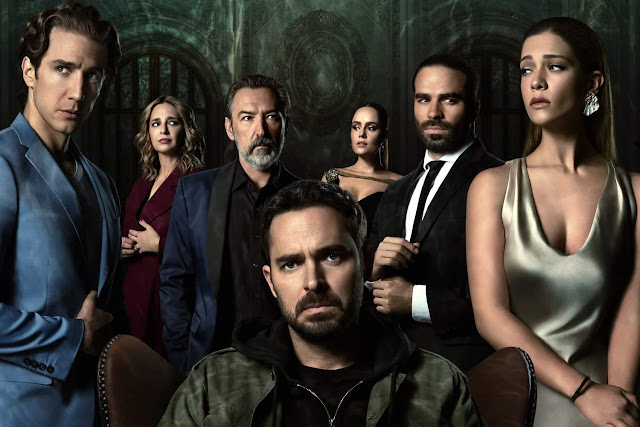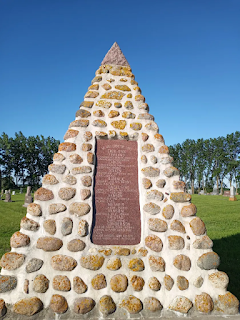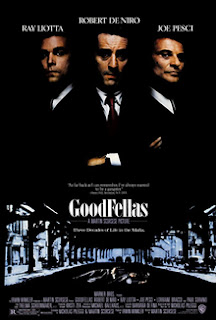A few months ago I woke up in the middle of the night and asked myself: "Whatever happened to adventure stories?"
Yeah, I know. Other people dream of snakes eating their own tails, thereby revealing the structure of benzene. But this is what I get. Blame a faulty imagination.
But let's talk about adventure as a genre, and then maybe I can get some sleep. Wikipedia quotes Don D'Ammassa in the Encyclopedia of Adventure Fiction:
An adventure is an event or series of events that happens outside the course of the protagonist's ordinary life, usually accompanied by danger, often by physical action. Adventure stories almost always move quickly, and the pace of the plot is at least as important as characterization, setting and other elements of a creative work.
Of course adventure stories flourished for a long time - think of Dumas, Stevenson, Scott - and were a staple of the pulp era. But while other genres from that period are still flourishing (mysteries, science fiction, horror, romance) or at least hanging on (westerns), the adventure story per se seems to be a vanishing species.
In books, that is. It survives in movies. (How old is Indiana Jones in his next adventure?)
There has always been overlap between the adventure story and other genres. Elizabeth Peters's brilliant Amelia Peabody novels are considered mysteries but many of them have little to do with crime-solving. See The Last Camel Died at Noon for a pure adventure tale.
One recent (starting 2007) stalwart example of the genre is the Ethan Gage series, created by William Dietrich, a Pulitzer-Prize winning journalist who was a professor at the same university where I worked for many years. Gage is a classic rogue character, a yankee gambler and world traveler in the Federalist era, trained in the science of electricity by none other than Benjamin Franklin himself. Based in France, he is constantly involved with Napoleon who can scarcely decide whether to send him on another dangerous mission or shoot him as a possible American spy.
Gage's journeys take him to Egypt, the Holy Land, the Great Lakes, and even Haiti. And they are a lot of fun.
But taken together the works of Peters and Dietrich may give us one hint why the adventure story is less popular today than it once was. These books are set in the past and mostly in lands that, to American/European eyes, seemed wild, unexplored, and (as a person of that time might say) primitive. There are not so many of those lands left in the present day, and even writing about the past authors run the risk of being accused of colonialism or even racism. If your villain is Asian are you re-creating Fu Manchu?
You can finesse that problem, perhaps, by having your hero battle a civilization on another planet, instead of another continent, but now you have changed genres.
All of which brings up a related topic, which may earn me some complaints, but here goes.
There is a popular BBC mystery series called Death in Paradise which has been running for more than a decade. It is set on the fictional Caribbean island of Saint Marie. It is a commonwealth country and a Scotland Yard detective is assigned there. And remarkably enough, this White, English-trained cop with no knowledge of the island's people, customs, or geography is always able to solve murders that baffle the mostly Black locals. Not problematic at all!
The show tried to dodge that bullet by making the hero a classic English eccentric - the only man on the island who wears a suit and carries a briefcase, for example. This makes sense: you can't expect the local constabulary to outsmart a Sherlock Holmes-type genius.
But that actor left and they brought in another Englishman with a different set of eccentricities. I quit watching the show after that but I hear they have had four different stars, all White Englishmen. Maybe next time they make a switch they should bring in a Black copper.
That would be a new adventure, so to speak.





.jpg)
.jpg)










 Singsaas Church Pastor Jason Hartung
Singsaas Church Pastor Jason Hartung



